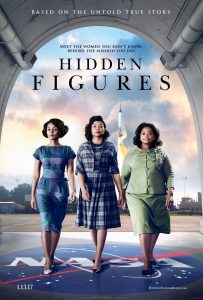 Newspapers always make good movies: the dare-devil reporter, the overachieving assistant, and the crusty editor up against the power of a dishonest government. There is wonderful symbolism in the heavy lead type spelling out a scandal and the broad sheets of newsprint rolling off the presses to cover the nation. The audience is assured that the truth will come out.
Newspapers always make good movies: the dare-devil reporter, the overachieving assistant, and the crusty editor up against the power of a dishonest government. There is wonderful symbolism in the heavy lead type spelling out a scandal and the broad sheets of newsprint rolling off the presses to cover the nation. The audience is assured that the truth will come out.
The publication of the Pentagon Papers is a perfect crusading newspaper story. It starts with the intellectual, once hawkish, Marine veteran stealing and photocopying secret papers and giving them to The New York Times for publication, revealing 30 years of the government misleading the populace about the Vietnam War. The Post, directed by Steven Spielberg, begins in Chapter 2, with editor Ben Bradlee (Tom Hanks) frustrated and embarrassed by having been scooped, once again, by The Times. When the government gets an injunction, barring The Times from further publication, The Post, in the words of Bradlee, is “in the game.”












